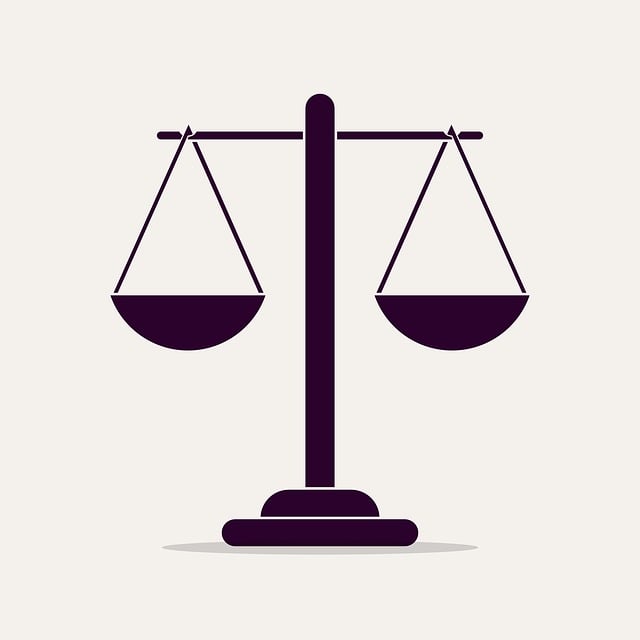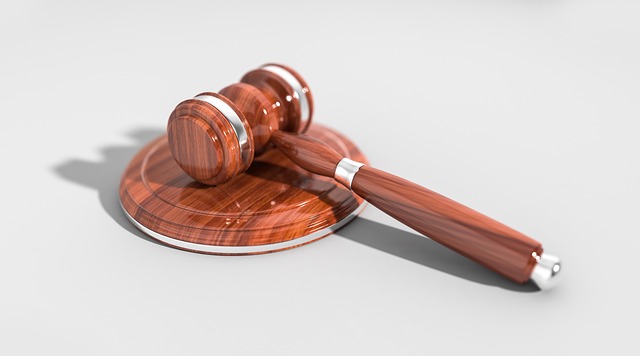Regulatory compliance is vital for businesses to protect consumers from unethical practices, ensuring fair competition and safeguarding customer rights. Non-compliance risks include legal repercussions, lawsuits, and reputational damage, with common violations across consumer protection, environmental, data privacy, and labor laws. High-profile Examples of Successful Consumer Protection Lawsuits against major companies highlight the impact of non-compliance, leading to substantial financial settlements, industry changes, and enhanced consumer trust. Businesses must establish robust internal controls, stay informed about regulatory updates, and learn from successful lawsuits to avoid penalties, maintain reputation, and foster sustainability within relevant communities.
Regulatory compliance is a vital cornerstone in safeguarding consumers and fostering market trust. This article delves into the intricacies of this critical aspect, exploring common non-compliance issues that often lead to lawsuits. We present compelling examples of successful consumer protection lawsuits, highlighting their impact and consequences. Furthermore, we offer a comprehensive strategic approach to ensure regulatory adherence, providing insights that businesses can leverage to mitigate risks and enhance consumer trust. Discover practical steps towards robust compliance, drawing from real-world scenarios, including successful consumer protection lawsuits.
- Understanding Regulatory Compliance: The Cornerstone of Consumer Protection
- Common Non-Compliance Issues Leading to Lawsuits
- Case Study: Successful Consumer Protection Lawsuit Examples
- The Impact and Consequences of Non-Compliance
- Strategies for Ensuring Regulatory Compliance: A Comprehensive Approach
Understanding Regulatory Compliance: The Cornerstone of Consumer Protection

Regulatory compliance is a foundational pillar in safeguarding consumers from unfair practices and ensuring businesses operate ethically. It involves adhering to laws, regulations, and guidelines designed to protect the rights and interests of customers. By enforcing these rules, governments aim to foster a level playing field for all companies, promoting fair competition and preventing manipulative tactics. Consumer protection laws are particularly vital, as they empower individuals to seek justice in cases of exploitation or fraud.
Successful consumer protection lawsuits serve as powerful examples of how regulatory compliance can be enforced. These cases demonstrate the impact of holding businesses accountable when they violate consumer rights. From false advertising to deceptive pricing strategies, such legal battles have led to significant settlements and changes in industry practices. For instance, notable cases across the country have resulted in refunds for misled customers and improved transparency, showcasing that regulatory compliance is not just a suggestion but an essential aspect of sustainable business operations, particularly in the general criminal defense context, where all stages of the investigative and enforcement process must respect consumer protections.
Common Non-Compliance Issues Leading to Lawsuits

Non-compliance with regulations is a significant risk for businesses, often leading to legal repercussions and lawsuits. Common issues include violations related to consumer protection, environmental laws, data privacy, and labor standards. For instance, misleading marketing practices, defective products, or unfair pricing strategies have resulted in numerous successful consumer protection lawsuits. These cases serve as powerful examples of how individuals can hold corporations accountable for their actions.
In the realm of white-collar and economic crimes, high-stakes cases often arise from fraud, money laundering, or securities violations. Corporate and individual clients alike face severe consequences, including substantial financial penalties and reputational damage. The impact of such non-compliance issues is far-reaching, emphasizing the importance of robust internal controls and compliance programs to mitigate risks and avoid costly legal battles.
Case Study: Successful Consumer Protection Lawsuit Examples

In recent years, several notable Examples of Successful Consumer Protection Lawsuits have demonstrated the power of holding businesses accountable for unethical practices. These cases not only provide financial redress to affected consumers but also serve as a deterrent, encouraging companies to uphold higher standards and avoid indictment for regulatory violations. For instance, a class-action lawsuit against a major retail chain uncovered widespread data breaches, leading to a significant settlement and heightened security measures across the industry.
Another compelling case involves a consumer advocacy group that successfully sued a pharmaceutical company for misleading marketing practices. This resulted in substantial damages being awarded to affected patients and contributed to improved transparency within the healthcare sector. These Successful Consumer Protection Lawsuits highlight the collective impact of individual actions, fostering a sense of accountability among businesses and galvanizing the philanthropic and political communities towards stronger regulatory enforcement.
The Impact and Consequences of Non-Compliance

Non-compliance with regulatory standards can have severe and far-reaching consequences for businesses across industries. When companies fail to adhere to laws and guidelines designed to protect consumers, it often results in significant legal repercussions and damage to their reputation. These high-stakes cases can lead to substantial financial penalties, fines, and legal fees, especially in the event of jury trials. Moreover, non-compliance may prompt consumer complaints, investigations by regulatory bodies, and even criminal charges against corporate or individual clients.
The ripple effects extend beyond legal and financial domains. Consumer trust is severely eroded when companies are found to have violated regulations, particularly in industries like healthcare, finance, and food production. Examples of successful consumer protection lawsuits have shown that holding businesses accountable for their actions not only compensates affected individuals but also sets important precedents. These cases often serve as a wake-up call, encouraging companies to strengthen their compliance programs to avoid similar future incidents.
Strategies for Ensuring Regulatory Compliance: A Comprehensive Approach

Ensuring regulatory compliance is no trivial task, but a comprehensive approach can help organizations navigate the complex legal landscape with success. First, establishing a robust internal control system is essential. This involves creating clear policies and procedures that align with relevant regulations, regularly reviewing and updating them to reflect changes in the industry or legislative environment. Regular staff training on these protocols is equally vital to foster a culture of compliance within the organization.
Moreover, staying proactive rather than reactive is key. Staying abreast of upcoming regulatory changes allows businesses to implement necessary adjustments before facing penalties or legal issues. Examples of successful consumer protection lawsuits highlight the importance of such measures; companies with an unprecedented track record in avoiding and resolving compliance issues often attribute their success to these strategies. By integrating these practices, businesses can achieve a complete dismissal of all charges related to non-compliance, thereby safeguarding their reputation and ensuring long-term sustainability within philanthropic and political communities.
Regulatory compliance is not just a legal requirement; it’s a vital strategy to protect consumers and maintain business integrity. By understanding common non-compliance issues, learning from successful consumer protection lawsuits (Examples of Successful Consumer Protection Lawsuits), and adopting comprehensive strategies, businesses can safeguard themselves against costly consequences. Navigating regulatory hurdles requires continuous vigilance and adaptation, ensuring that companies remain accountable and trustworthy in their operations.






